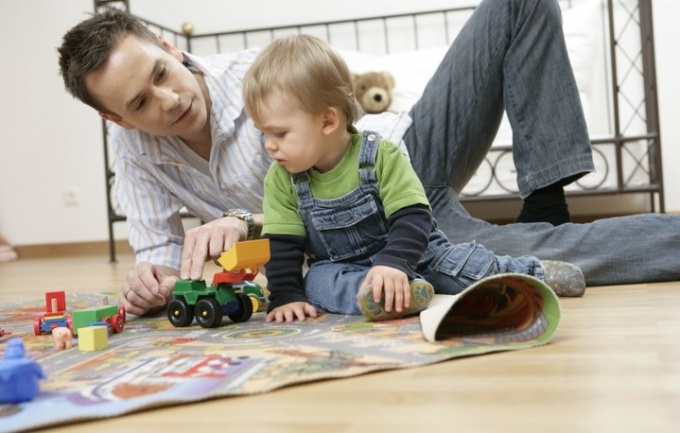Zone of proximal development of the child
Reaching a certain age, the child learns certain things that he can do himself – to walk, button a shirt, wash hands, etc. But at the same time, for him, there are a number of such cases, which he can only do with an adult. This second category is the zone of proximal development of the child. The third category of cases include other actions, including those that the child in the moment to master can not, even with the help of parents.
L. S. Vygotsky proved that the expansion of the abilities of the child happens only through those actions which belong to the zone of proximal development: tomorrow the child will be alone to do what he did today with mom and dad. Thus, if the parents do a lot with the child, the zone of proximal development is the widest and includes not only what he learn't. This kid quickly learns the many skills and feels more confident, more prosperous, more successful. Providing the child himself, the parents narrow the zone of proximal development, reduce its potential.
Clearly, this law can be presented on the example of how you teach your kid to ride a bike. First you put the child on the bike and roll it holding the wheel. Gradually, the child begins to pedal and steer, but you continue to hold the Bicycle seat. Finally, you let go of the bike, and the child rides on their own. It is important to understand when it's time to let go: if you do this before the child may fall and start to feel fear, let go too late – the baby will develop a sense of insecurity in their abilities.
How else can you use in the education law of L. S. Vygotsky
A lot of parents sooner or later face the fact that the child stops listening to what he was advised or told to parents. Most often, these verbal promises cause the opposite reaction – you can't force a child to read, if you do not pick up the book. If you want to instill in your kid healthy habits, follow them yourself: start a family reading and competitions, go fishing, skiing or skating.
What other effects you can get from joint ventures? The child changes for the better overall ability to learn, grow self-esteem and satisfaction. In addition, joint activities of parents and children contributes to a long friendship and good understanding.
